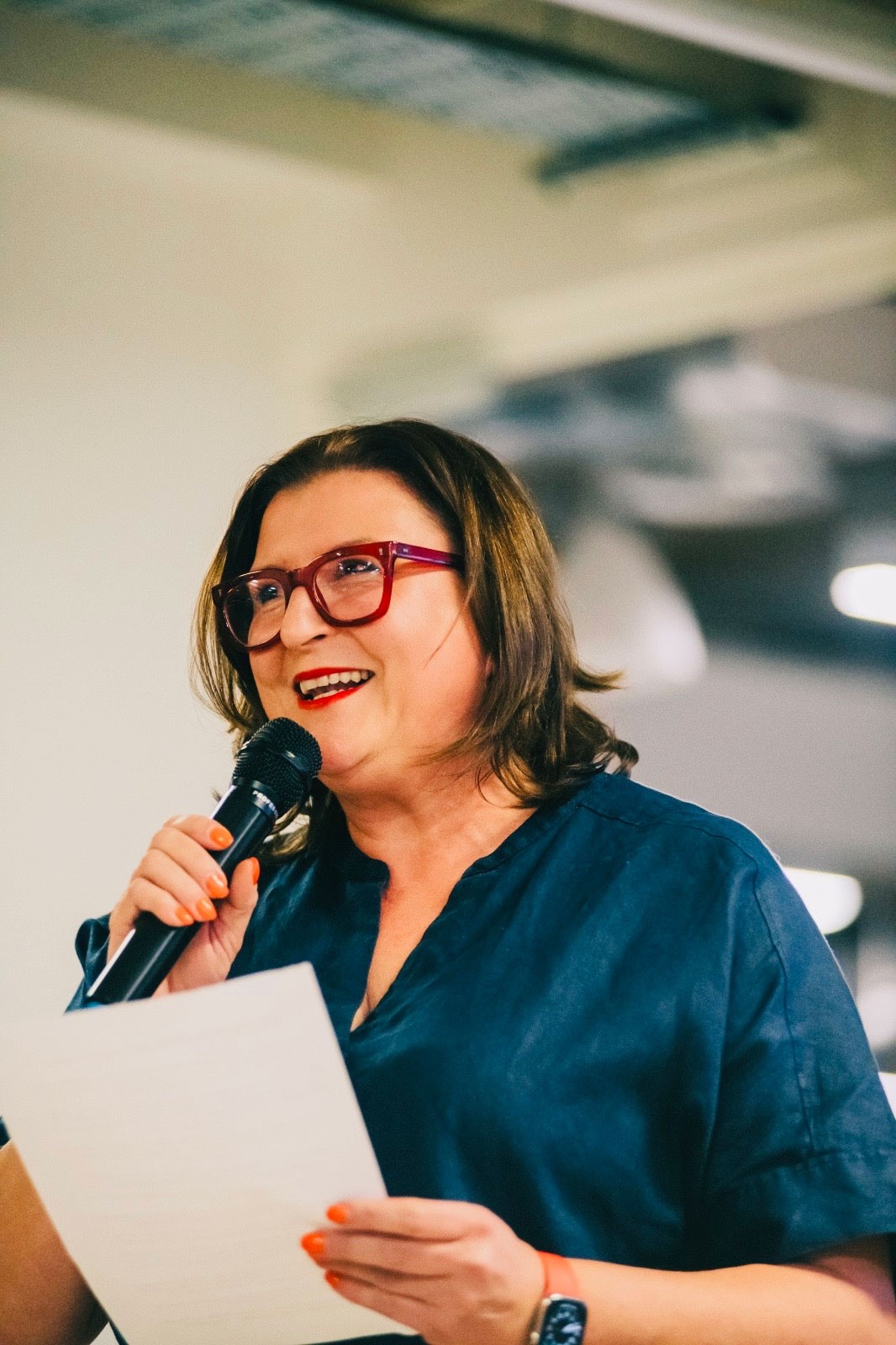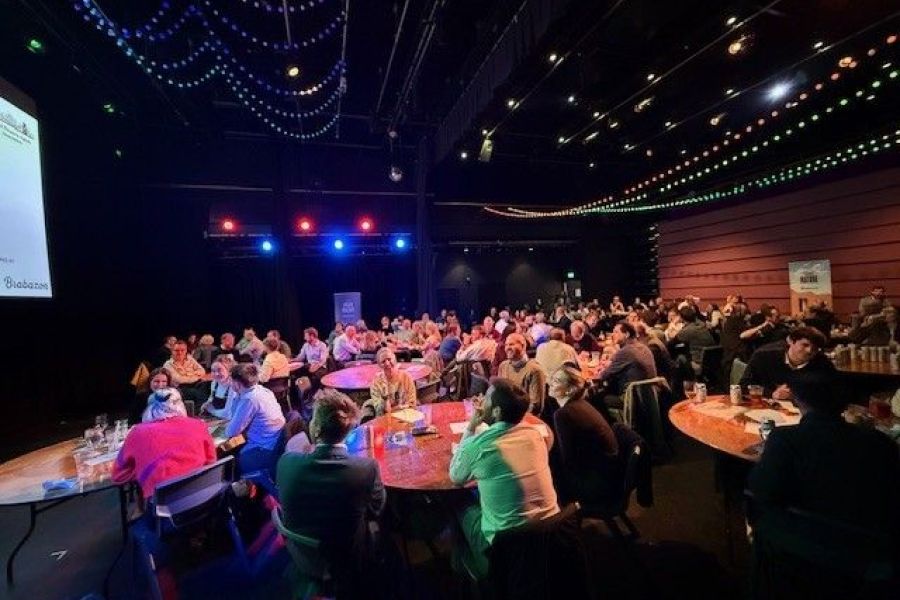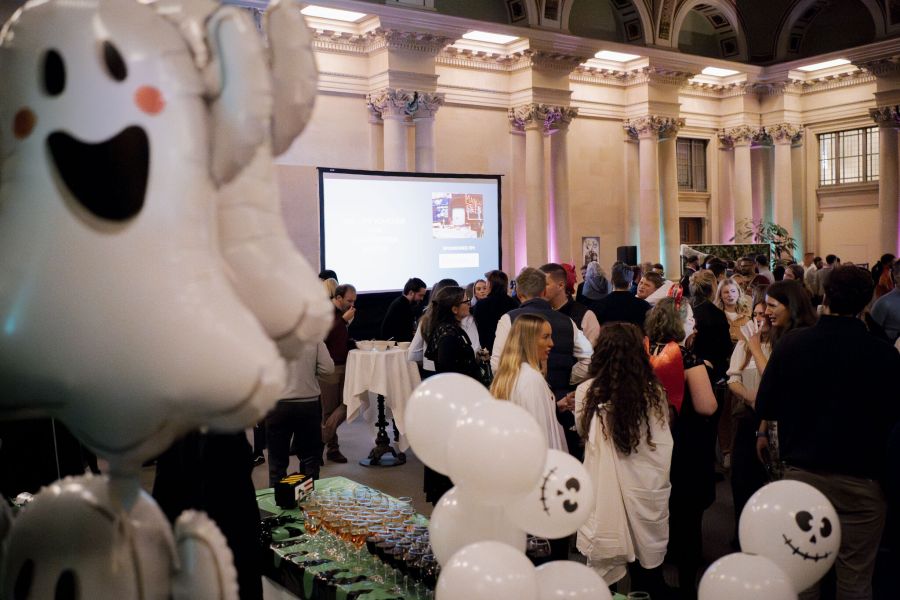EDI: The next stages
Sam Phillips on moving towards a more inclusive property sector.
Moving towards a truly equitable, diverse and inclusive property sector.
The last few years have seen the property sector in Bristol make tentative strides towards becoming an industry that truly reflects today’s society, and which can better serve its diverse population. Two initiatives this year took that progress a stage further.
Property, it's fair to say, has been one of the slower professions to fully embrace and embed the principles of EDI – Equity, Diversity and Inclusion – into its workforce and practices.
In the words of this year’s President, Rob Russell, “We are still predominantly White, middle class, male and public school. We still have a long way to go in our recruitment of talented people from different groups in order to reflect our client base and the population of Bristol, in addition to bringing greater diversity of thought into the way we work.”
This year saw the BPAA sign up to the Bristol Property Inclusion Charter, the first of its kind in the UK, and which (to date) has over 100 signatories. The Charter commits signatories to having a workforce (at all levels and in all parts of the business or organisation) which is reflective of 21st century Bristol.
And, in October, the BPAA hosted a CPD presentation on Equity, Diversity and Inclusion by Sam Phillips – founder and CEO of Representnation and a leading speaker and advisor in this field. How did she feel the session went?
“Really well. Around 40 agents attended and many came up afterwards to say it was the first time they’d seen the bigger picture, and recognised the upsides that EDI can bring.
“Some were really moved by the personal stories that I presented. And that was important… getting the audience to put themselves ‘in other people’s boots’. Cerebrally, people get it. But there’s the saying of it… and then there’s the doing of it. You have to understand the positive difference it will make to other people’s lives, and to your business, if this
agenda is going to take root and make a real difference.
“It isn’t easy, I know that. Understandably there’s an element of fear in this too. People are often anxious, for instance, about saying the wrong thing or using the wrong terminology. My counter to that is that others will always ‘sniff your intent’. If you are trying to do the right thing but are unsure as to how to go about it, they will understand.”
Key Messages
So what were the main points of her presentation? “Firstly, that EDI isn’t one ‘thing’. Each of the letters stands for something distinct,” she says.
The “E”, for Sam, stands for “equity” rather than “equality”. Where equality means being even handed to all, equity involves recognizing that we do not all start from the same place, making adjustments necessary. Someone from a socio-economically disadvantaged background, for example, may not have had the head start others have had. But, given the opportunity – with mentoring or bursaries for example – can go on to make just as big a contribution.
When it comes to Diversity, she says: “Don’t just focus on the most visible areas – such as gender or ethnicity. Those living with disabilities, or from disadvantaged backgrounds, can also bring different thinking into your organisation and drive better decision making. Recognise intersectionality too.”
“That said,” she continues: “inclusion is what really matters, because what's the point of having people from different groups and backgrounds in an organisation if they don't feel included and can’t progress. They will soon get disillusioned and leave. It's like turning on a tap but leaving the plug out.
“And if I had to choose one aspect where greater understanding is required in the property sector, it's disability: it affects 24% of the population and yet so many buildings are not readily accessible to those with physical or learning disabilities.
“For instance, little thought is going into making EV charging bays wide enough to cope with a vehicle that’s accessible for wheelchairs. It’s such a basic thing.”
Moving forwards
Adds Sam: “Every business will say that EDI is important. Most are making some efforts towards it, and some are working hard. But the dial is shifting only very slowly. There is still a massive need for more education. This is always going to be a challenge for smaller firms, but it could be done cross-sector in Bristol.
“Into the future we also need to shift from a situation where EDI is seen in isolation. Lots of businesses now have someone whose role covers EDI – usually in HR – but you are only then focusing on the workforce. EDI done brilliantly means involving everyone from the board downwards and ingraining it into the culture of every department and getting everyone on board.
“Everyone needs to recognise that different doesn’t have to mean worse, and that we are talking about ‘cultural add’ here, not ‘cultural fit’.”



